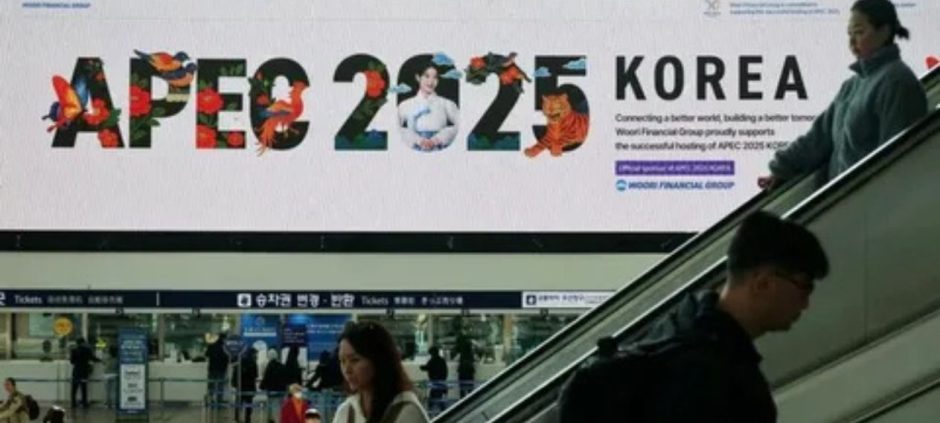World leaders are gathering in South Korea for the 2025 Asia-Pacific Economic Cooperation (APEC) summit, a key event aimed at boosting economic ties among 21 Pacific Rim economies. The summit, taking place in Gyeongju from October 28 to November 1, will focus on trade, supply chains, and regional economic cooperation.
The APEC summit provides a platform for leaders to discuss initiatives such as the Free Trade Area of the Asia-Pacific and other efforts to enhance sustainable economic growth across the region. Economists say the meeting is particularly important as countries navigate global inflation, energy challenges, and changing trade dynamics.
Participants are expected to explore strategies that strengthen economic resilience while encouraging cross-border investments and innovation. The summit also serves as an opportunity for smaller economies to have their voices heard alongside larger economic powers, creating a more balanced approach to regional development.
Amid the global economic uncertainty, the summit arrives at a critical time. Leaders will seek to ensure open markets, modernized trade agreements, and initiatives that promote technological cooperation and environmental sustainability. APEC officials have emphasized the importance of collaboration, especially as new economic challenges emerge across the Asia-Pacific region.
In recent weeks, tensions in the region have made headlines, but officials confirm that the summit agenda will remain focused on economic issues. Notably, just days before the summit, North Korea carried out missile activity, underscoring the importance of regional stability discussions, though the summit will continue to focus primarily on trade and growth strategies.
APEC 2025 is expected to leave a lasting impact on regional policies, offering a blueprint for cooperation and mutual prosperity. Observers note that outcomes from this summit could influence trade, investment, and supply chain decisions for years to come.











